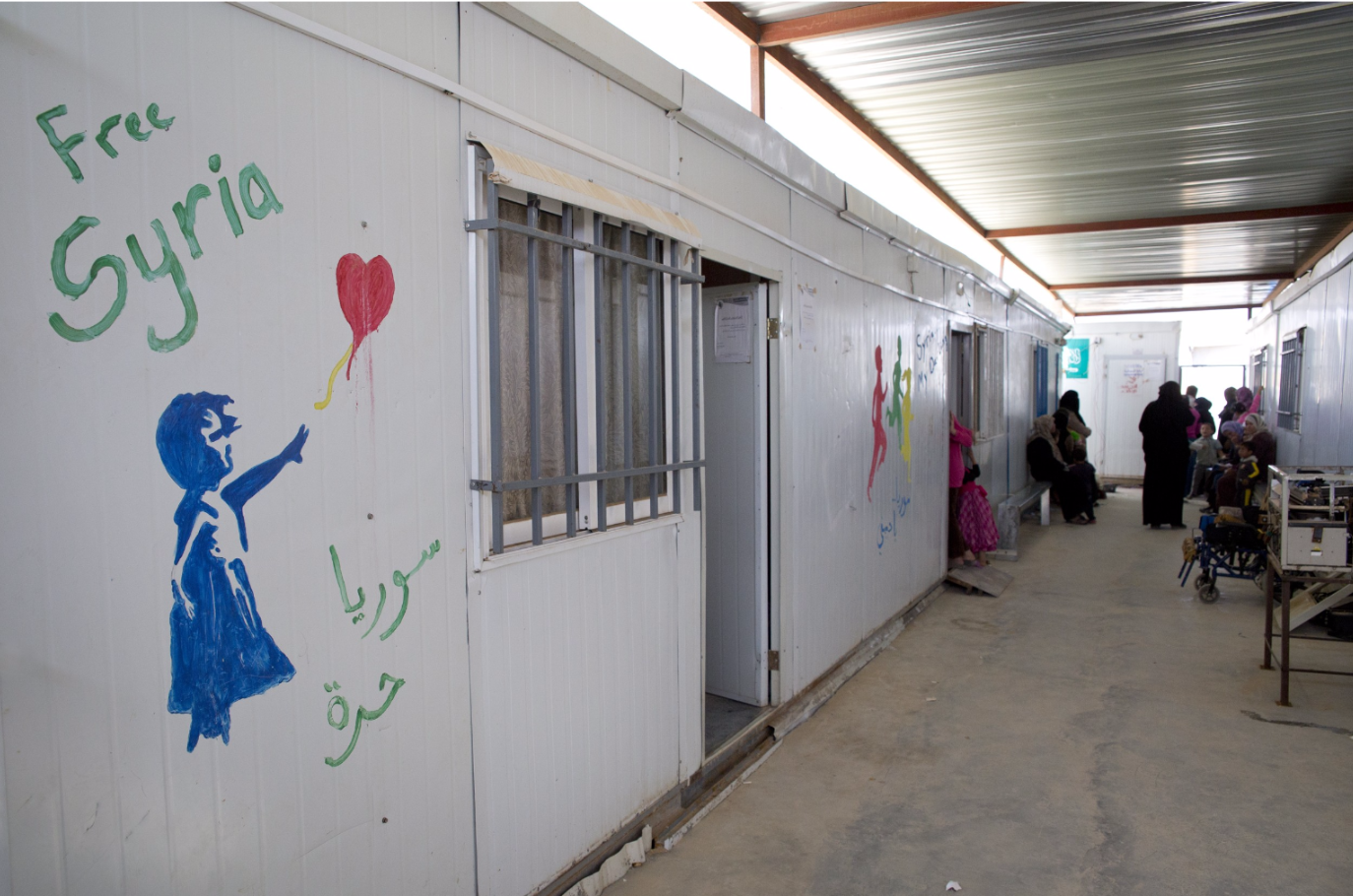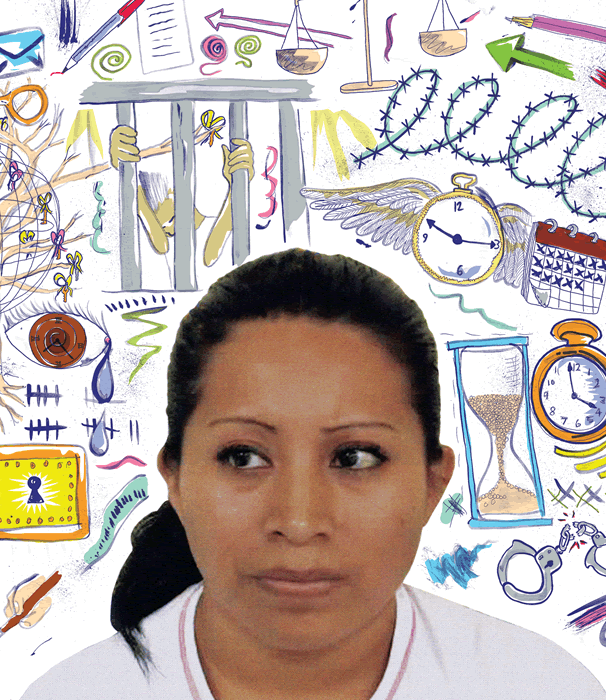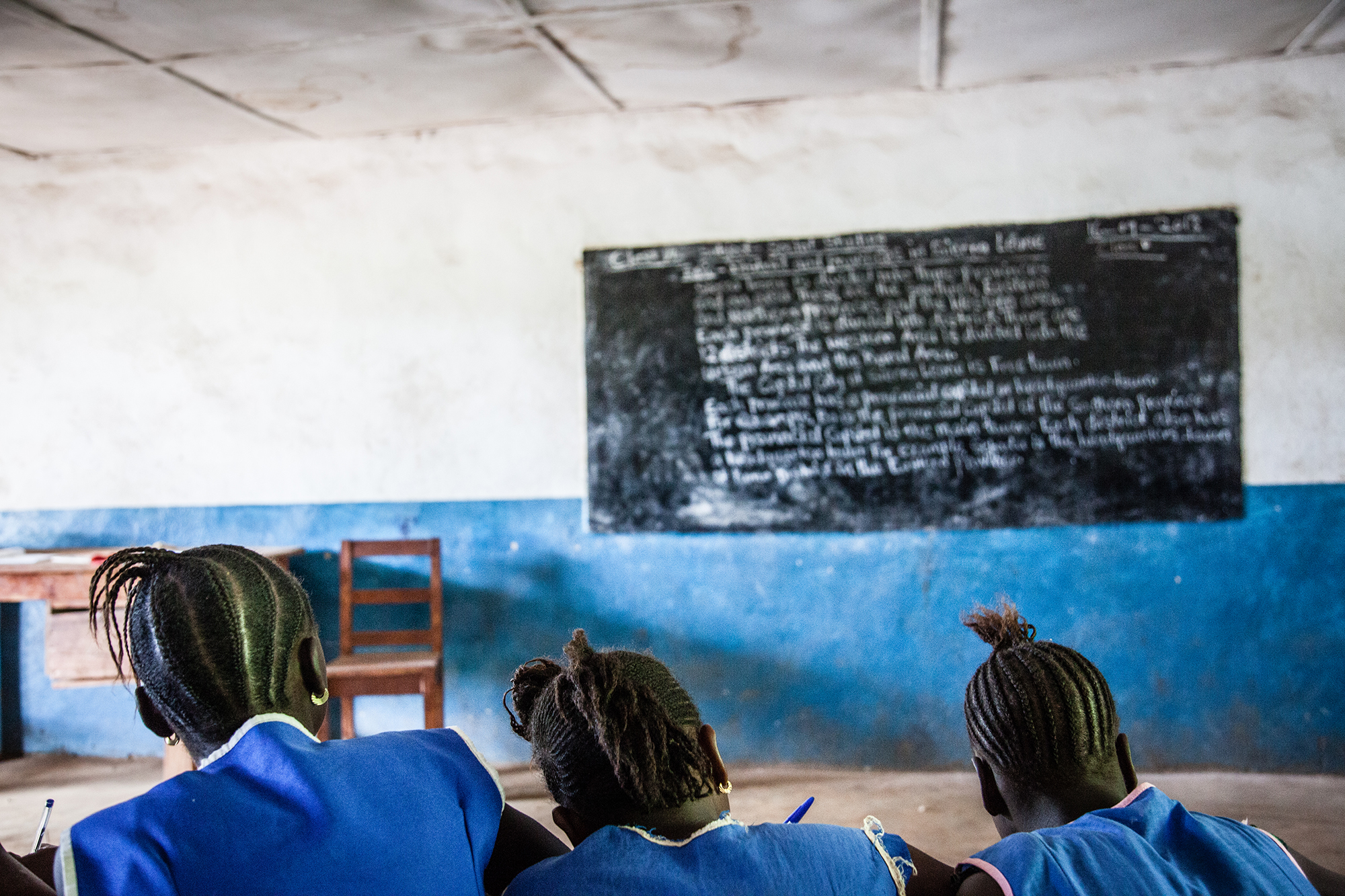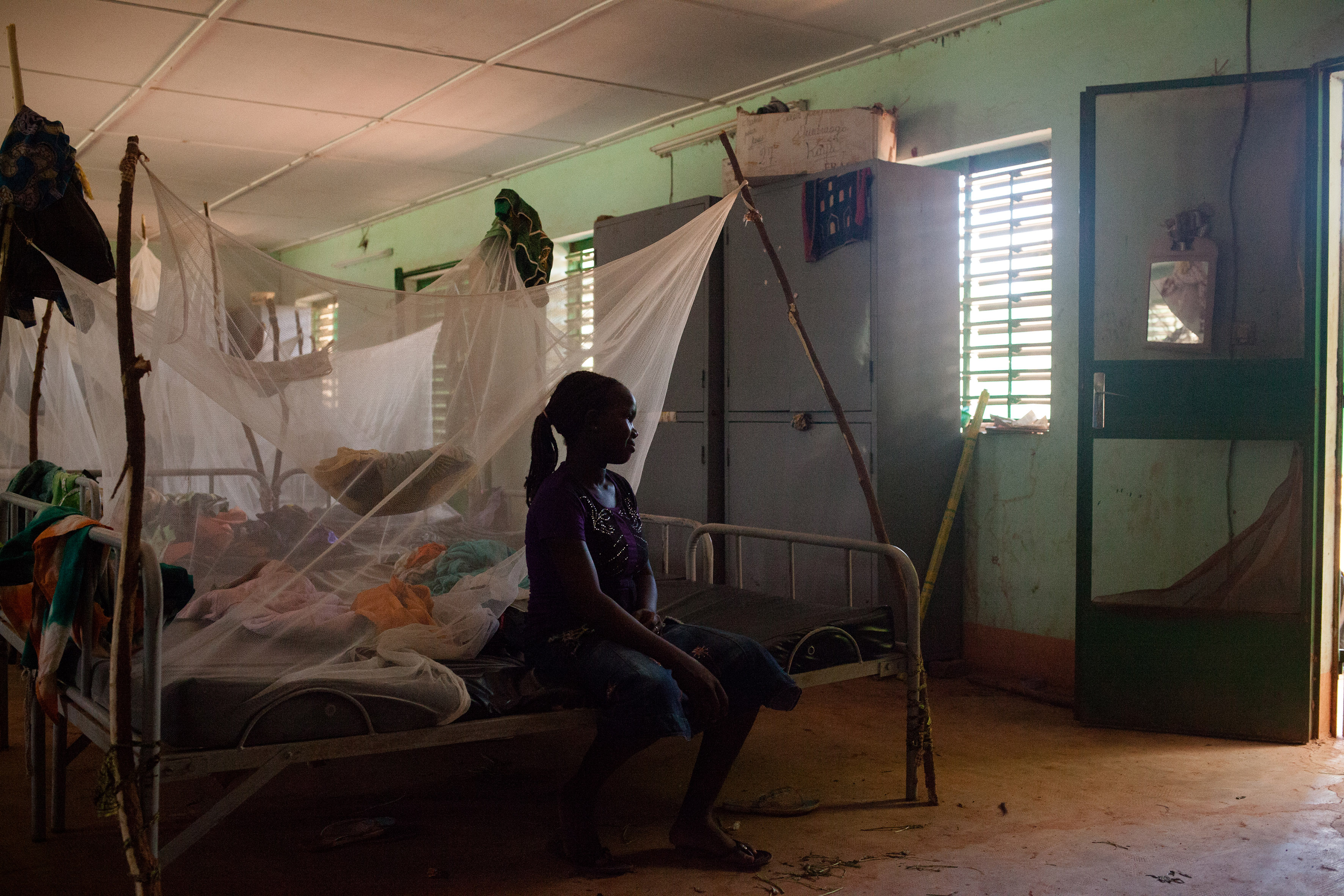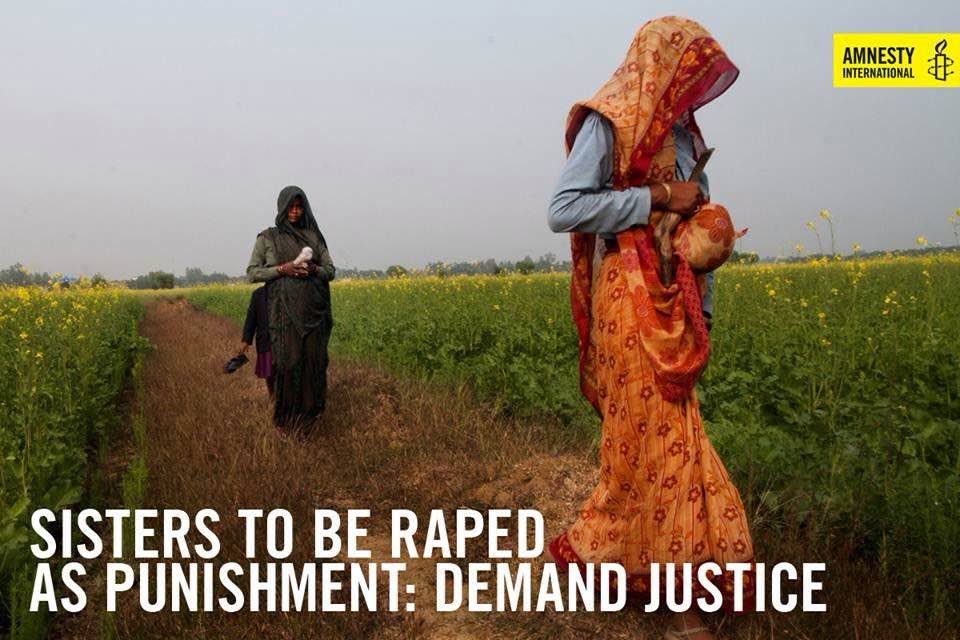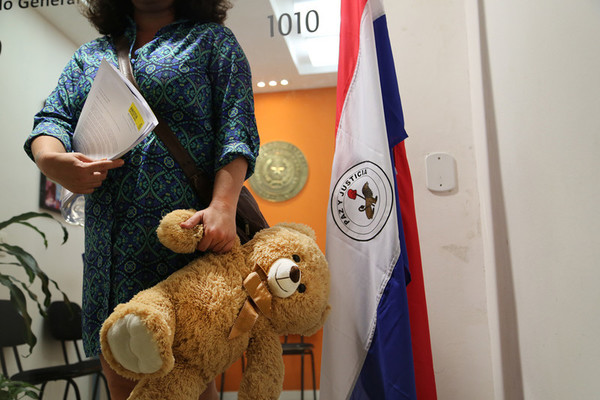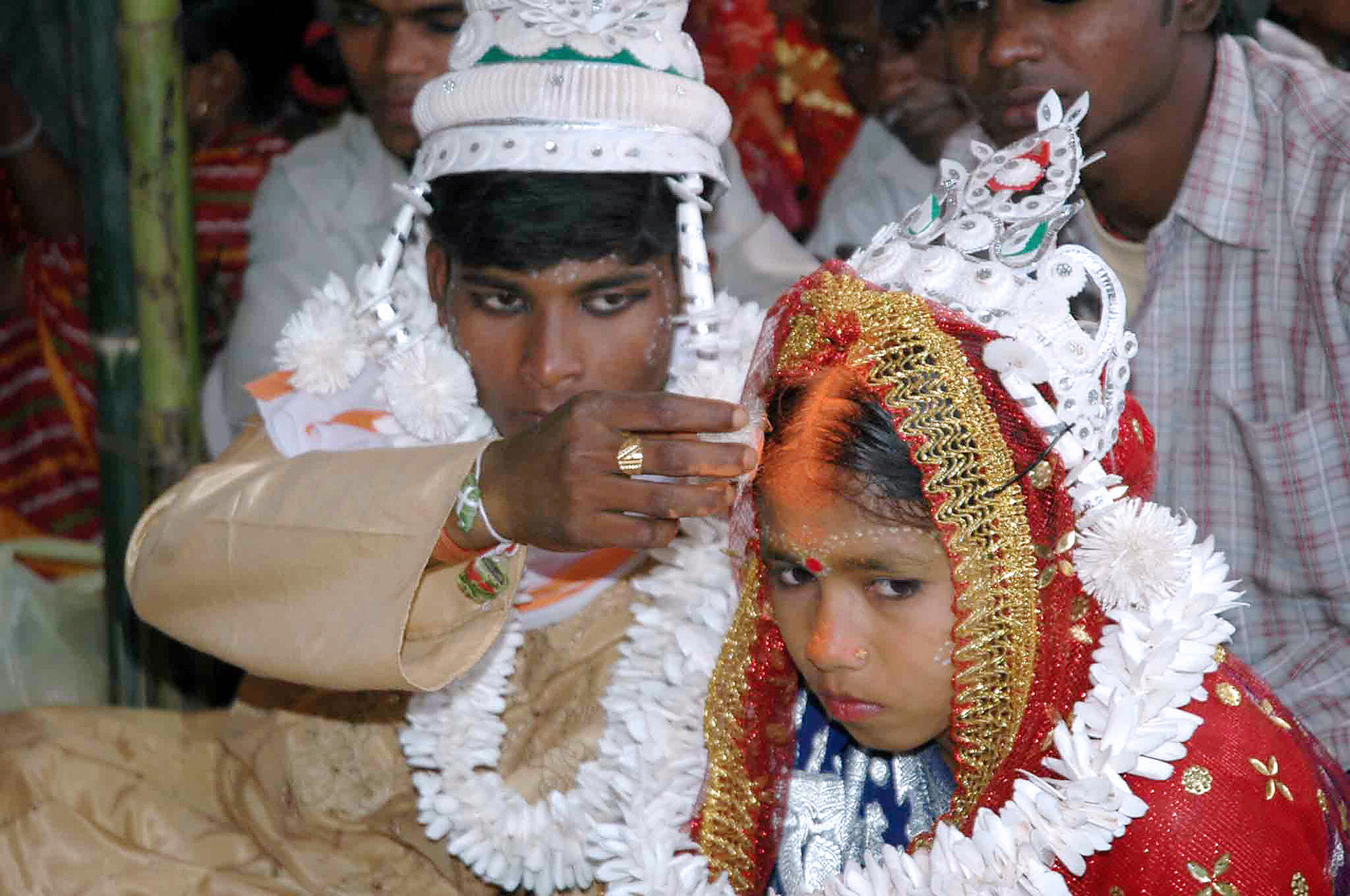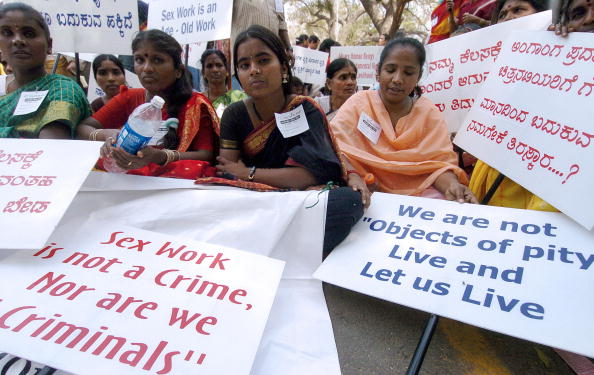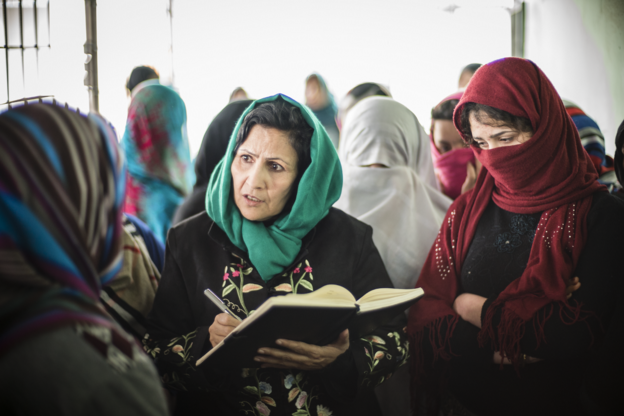
Fawzia Nawabi, investigator at the Afghanistan Independent Human Rights Commission, Mazar-e-Sharif, gathers information in a local women’s prison.
By Elsie De Laere, Afghanistan country specialist
In Afghanistan, standing up for women’s rights means putting your life on the line—this includes the educators who “dare” to educate girls.
This 16 Days of Activism Against Gender-Based Violence, we are highlighting the critical role of access to education for girl children—as well as the barriers to this right. And in Afghanistan, the threat to women’s rights defenders—including educators—is a huge barrier to girl children accessing their fundamental right to education.
